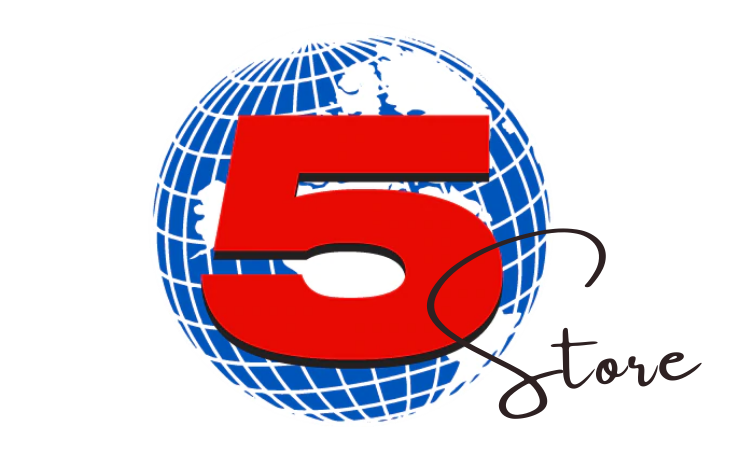The world of “The Boys” presents a stark contrast between the anti-heroic vigilantes and the celebrated superheroes known as The Seven. As the narrative unfolds, it becomes evident that power holds the potential to corrupt even the most noble of figures. This corruption is cleverly depicted through the relationships and dynamics between The Boys, a group of vigilantes, and The Seven, the corporate-backed superhero team. As fans dive deeper into this universe, it is alluring to explore how power shapes character, morality, and ultimately, societal norms within a superhero-dominated world.
The Rise of The Seven
The Seven epitomize the modern-day superhero archetype, with each member embodying the idealistic virtues that society holds dear. However, beneath their polished exteriors lies a disheartening truth about the nature of their operations. These heroes, commercially exploited by Vought International, showcase how power can warp intentions and motivations. By wielding strength and influence, The Seven morph from protectors to puppets, prioritizing public image and financial gain over genuine heroism. Characters like Homelander exemplify this transformation, as his unchecked power leads to a tangled web of manipulation and brutality.
The Boys: A Counterbalance
In stark contrast stands The Boys, a ragtag group fighting against the very system that The Seven represent. Led by Billy Butcher, they exemplify the spirit of rebellion against corrupt authority. However, their own struggles illustrate that power is not solely an attribute of the superhero elite. The Boys often grapple with moral quandaries, highlighting how the pursuit of justice can lead to extreme measures. This duality portrays the complexity of modern heroism – where the line between good and evil blurs, and motivations frequently become tainted by the very power one seeks to dismantle.
The Allure of Power
As the series progresses, the allure of power becomes evident in both The Seven and The Boys. Superheroes and mere mortals alike are susceptible to its intoxicating grip. Characters on both sides, whether imbued with superhuman abilities or human limitations, exhibit moments of moral ambiguity influenced by their desires for power and influence. The euphoria of attaining power, whether through fame, control, or revenge, becomes the common thread that binds these characters together, despite their differing ideologies. This shared experience emerges as a profound commentary on society, suggesting that the struggle against corruption is universal and that everyone must navigate their moral compass within the confines of power dynamics.
The Boys store: A Symbol of Rebellion
The Boys Store, not just a physical location but a brand in itself, serves as an embodiment of the defiance against the commercialized portrayal of heroism. Here, the merchandise stands in stark contrast to the glorified narratives of The Seven, showcasing a grassroots movement that celebrates individualism and critique of the superhero industry. This retail experience emphasizes the importance of supporting anti-establishment ideas, offering fans a chance to engage with the themes of the show on a personal level. By shopping at The Boys Store, fans align themselves with the notion that power must be challenged and redefined, rather than blindly idolized.
In conclusion, “The Boys” artfully depicts the complexities surrounding power, presenting a rich tapestry of characters that all confront the temptation of corruption. Both The Seven and The Boys reveal the fragile nature of morality in a world dominated by power struggles, ultimately challenging audiences to reconsider their perceptions of heroism. The palpable tension between idolized figures and those who seek to destroy this facade drives home a compelling narrative: that true power lies not in dominance, but in the conscious choice to uphold integrity amidst chaos.

